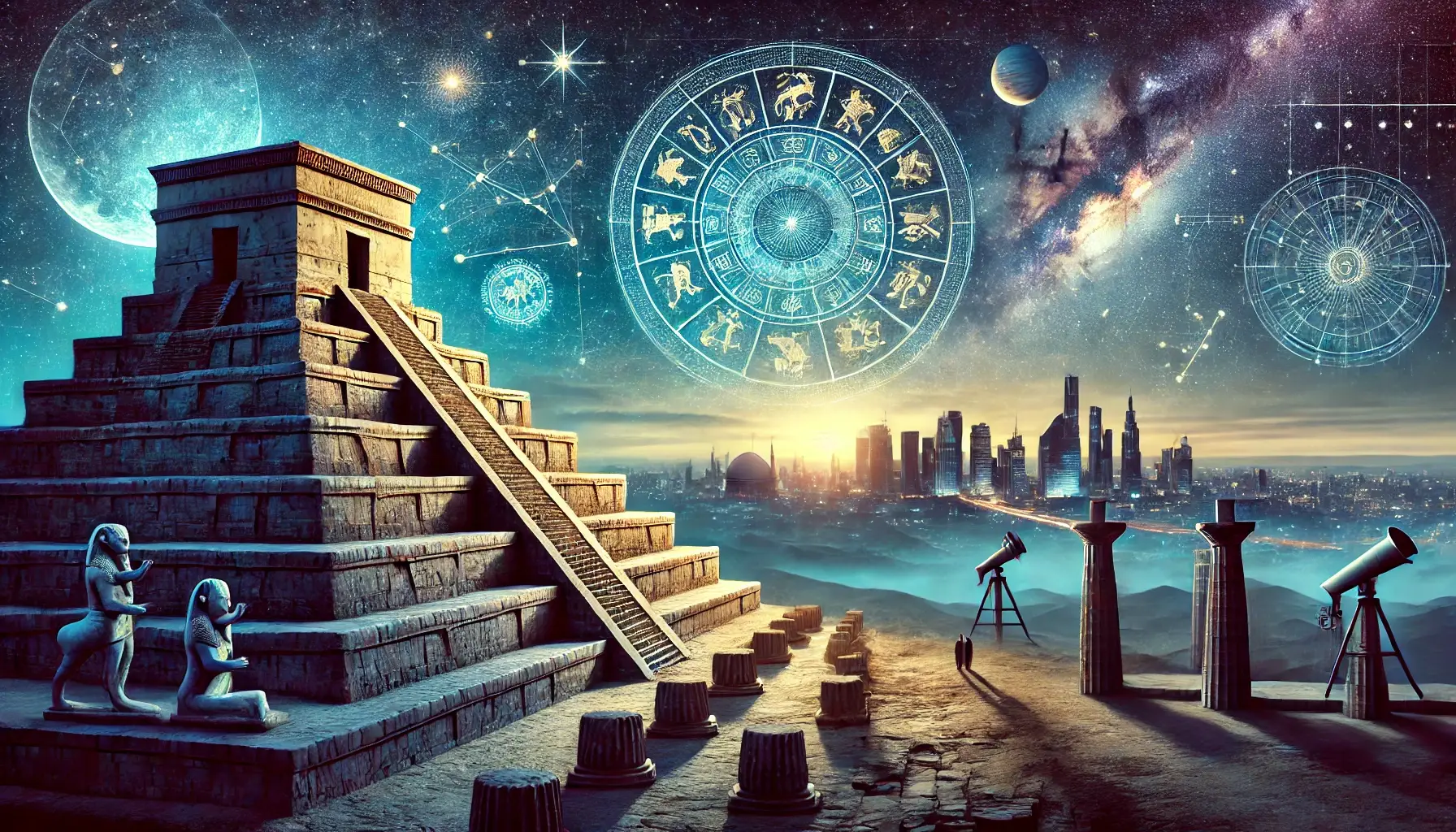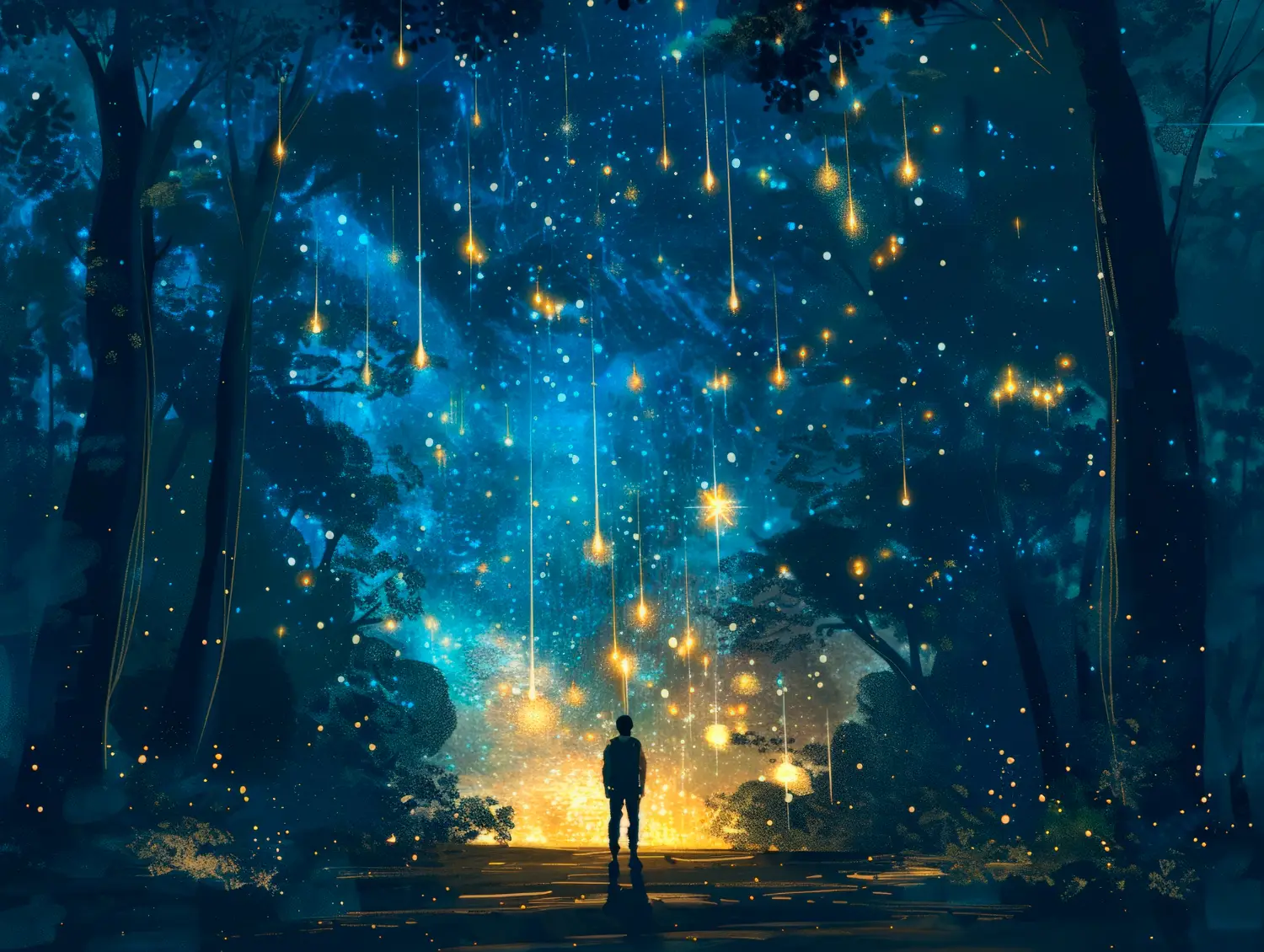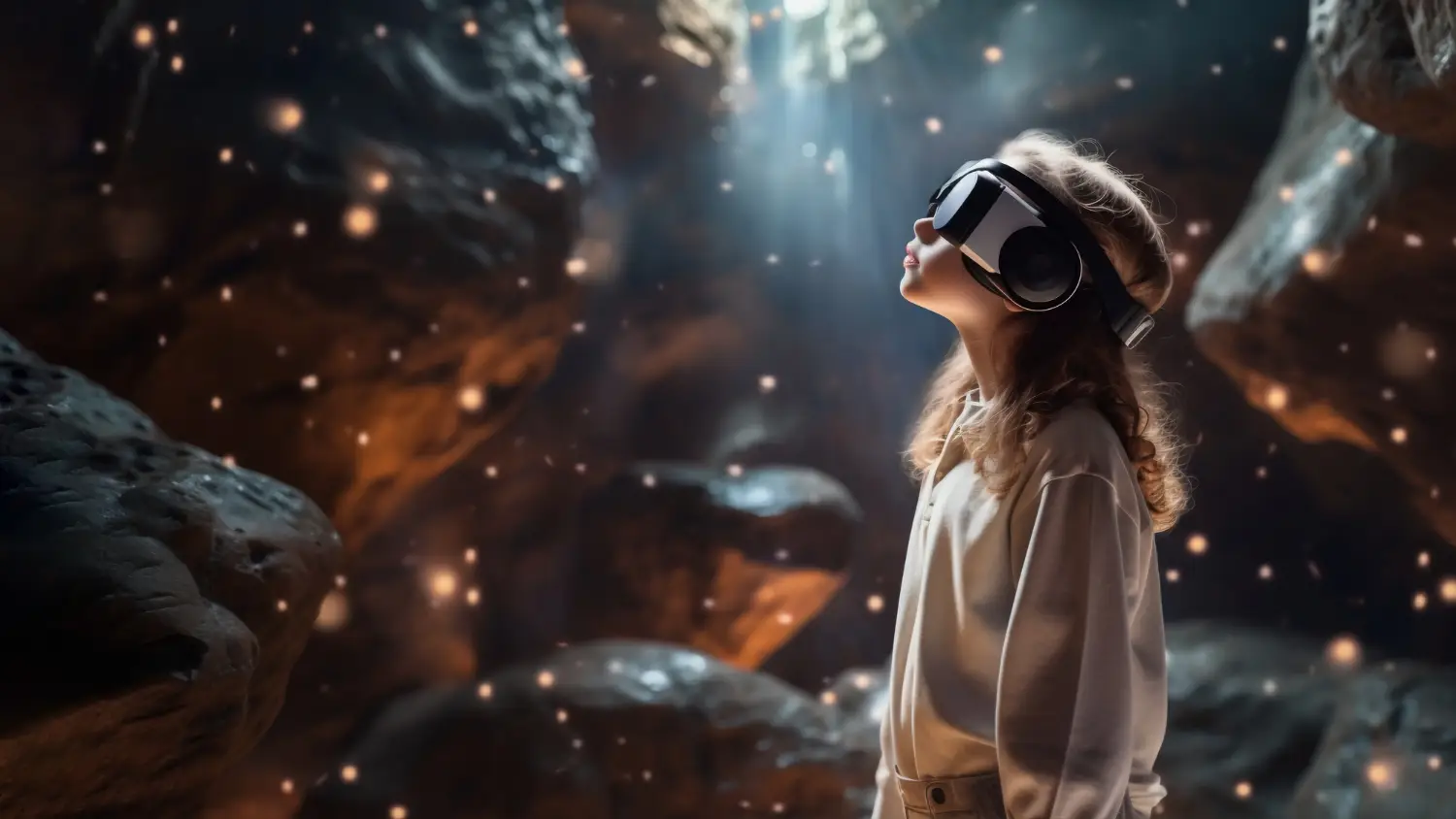Astrology is an ancient practice that continues to captivate people across the globe. From Babylonian priests interpreting omens in the sky to modern-day Millennials and Gen Z followers checking their daily horoscopes, astrology has persisted as a cultural phenomenon, shaping civilisations and personal lives alike. This blog post explores the rich history of astrology, its deep cultural roots, and the reasons it still holds significance in contemporary society.
Where Did It All Begin?
Astrology’s origins trace back to the ancient civilisations of Mesopotamia, where early stargazers believed the heavens carried divine messages. In Babylon around the 2nd millennium B.C., celestial bodies such as the sun, moon, and planets were believed to convey messages from the gods. Babylonian priests were tasked with deciphering these cosmic clues to guide rulers and society.
These early forms of astrology were less about individual personalities and more about interpreting omens that could affect entire nations. The Babylonian zodiac, divided into 12 segments (now known as zodiac signs), laid the foundation for Western astrology, which was later refined by the Greeks and Romans. They viewed astrology as a natural science that was fully integrated with their cosmology.
The Greeks took this framework and created what we now recognise as the 12 zodiac signs, linking them to constellations and celestial events. For instance, Aries, one of the zodiac signs, was associated with the vernal equinox and symbolised the start of a new year. This system was designed not only for predicting the future but also for understanding the personal characteristics of individuals based on their birth charts.
How Has Astrology Influenced Different Cultures?
Across different cultures, astrology has shaped belief systems, governance, and even medical practices. In the Greco-Roman world, astrology was closely aligned with Stoicism, a philosophy that emphasised fate and natural law. Roman emperors frequently consulted astrologers for advice on matters of state, warfare, and personal decisions.
In India, astrology—referred to as Vedic astrology—evolved in tandem with Hindu beliefs, becoming an integral part of the spiritual and everyday lives of the people. The Chinese, meanwhile, developed a zodiac system based on a 12-year cycle, with each year corresponding to an animal sign. Chinese astrology is steeped in Taoist philosophy and remains deeply intertwined with cultural celebrations, societal values, and even matchmaking.
Despite the cultural differences, a common thread runs through these astrological systems: a belief in celestial bodies as influences on earthly events. Whether predicting natural disasters, the success of a harvest, or an individual’s love life, astrology has historically provided a framework for making sense of the unknown.
Why Did Astrology Thrive During the Middle Ages?
Astrology hit its golden age during the Middle Ages and Renaissance, when it was regarded as a legitimate science. In 14th-century Europe, astrology played a crucial role in daily life. Kings and queens routinely employed court astrologers to cast horoscopes that would guide their decisions in matters of war, alliances, and diplomacy. Astrology was also integral to the medical field, where practitioners used it to diagnose and treat illnesses based on the alignment of the planets.
Leonardo da Vinci, Galileo, and other luminaries of the Renaissance era practised astrology in conjunction with alchemy, which was seen as a precursor to modern chemistry. For example, astrologers would create complex charts to predict favourable times for alchemical experiments, believing that planetary alignments could affect the success of their work.
However, astrology’s reputation suffered during the Scientific Revolution, a period when empirical evidence became the gold standard for determining scientific validity. The Enlightenment further marginalised astrology, as thinkers like Isaac Newton introduced a new understanding of the universe based on gravity and mechanics, leaving little room for celestial influence on human affairs.
What Sparked Astrology’s Modern Comeback?
Despite its decline during the Scientific Revolution, astrology resurfaced in the early 20th century with the birth of the newspaper horoscope. British astrologer R.H. Naylor helped popularise personal horoscopes when he published a prediction about Princess Margaret’s future in a 1930 edition of the Sunday Express. The public’s fascination with personalised astrology grew, leading to a new wave of interest in horoscopes, which remain a staple in newspapers and magazines to this day.
Astrology’s popularity exploded in the digital age, particularly with Millennials and Gen Z. Social media platforms like Instagram and TikTok have given rise to a new generation of astrologers who blend ancient wisdom with modern culture, making astrology more accessible than ever. Apps and The Pattern provide daily astrological updates and birth chart analysis, catering to a tech-savvy audience seeking clarity in an increasingly unpredictable world.
Why Does Astrology Still Matter Today?
In today’s fast-paced, uncertain world, astrology offers something timeless: a sense of purpose and connection. For many, it’s a comforting way to make sense of life’s ups and downs, providing guidance in relationships, careers, and personal growth. Psychologist Carl Jung even explored astrology’s symbolic power, suggesting that it taps into universal human experiences and emotions.
Astrology also fosters community. People gather around shared signs and birth charts, finding belonging and meaning through cosmic connections. It gives individuals a language to understand themselves better, offering a unique sense of empowerment in shaping their personal journeys.
What About the Critics?
Of course, astrology has its critics. Many scientists and sceptics argue that it lacks empirical evidence and cannot reliably predict events, labelling it a pseudo-science. However, for believers, astrology isn’t about scientific proof—it’s about personal meaning. Its value lies in its ability to offer intuitive, symbolic insights that resonate deeply with those who seek its wisdom.
Discover the Stars Within You
Astrology has woven its way through history, evolving from ancient divination to modern self-discovery. Whether you’re looking to understand your relationships, make career decisions, or find clarity in uncertain times, astrology offers a powerful tool for exploration.
Ready to see how the stars can guide your journey? Dive deeper into your personal astrological chart and receive real-time insights with the Interprtr app—start your cosmic journey today!



